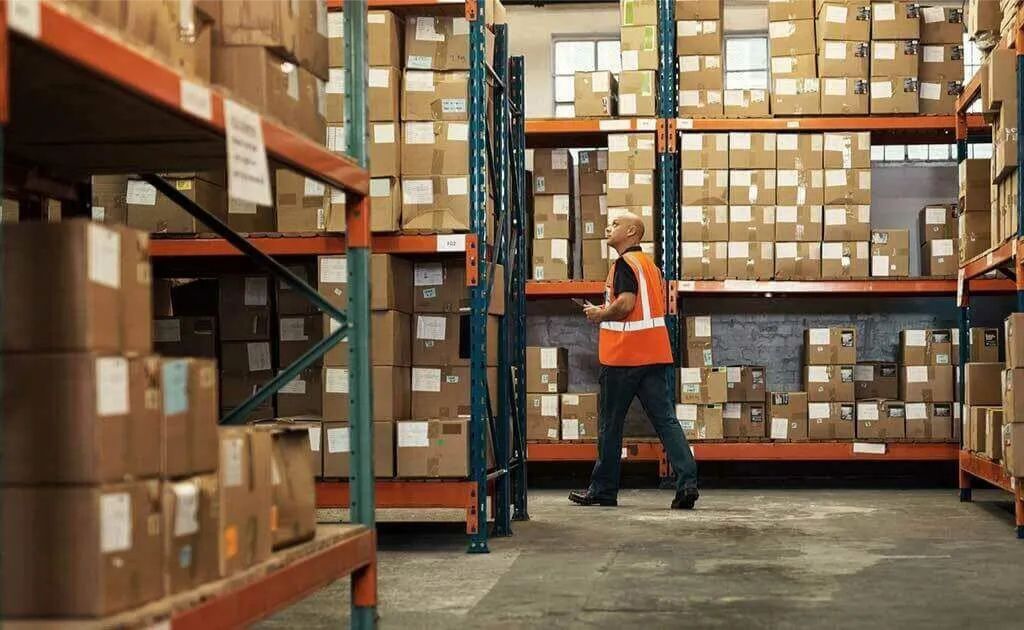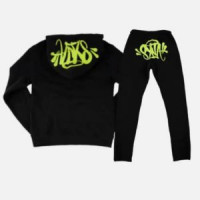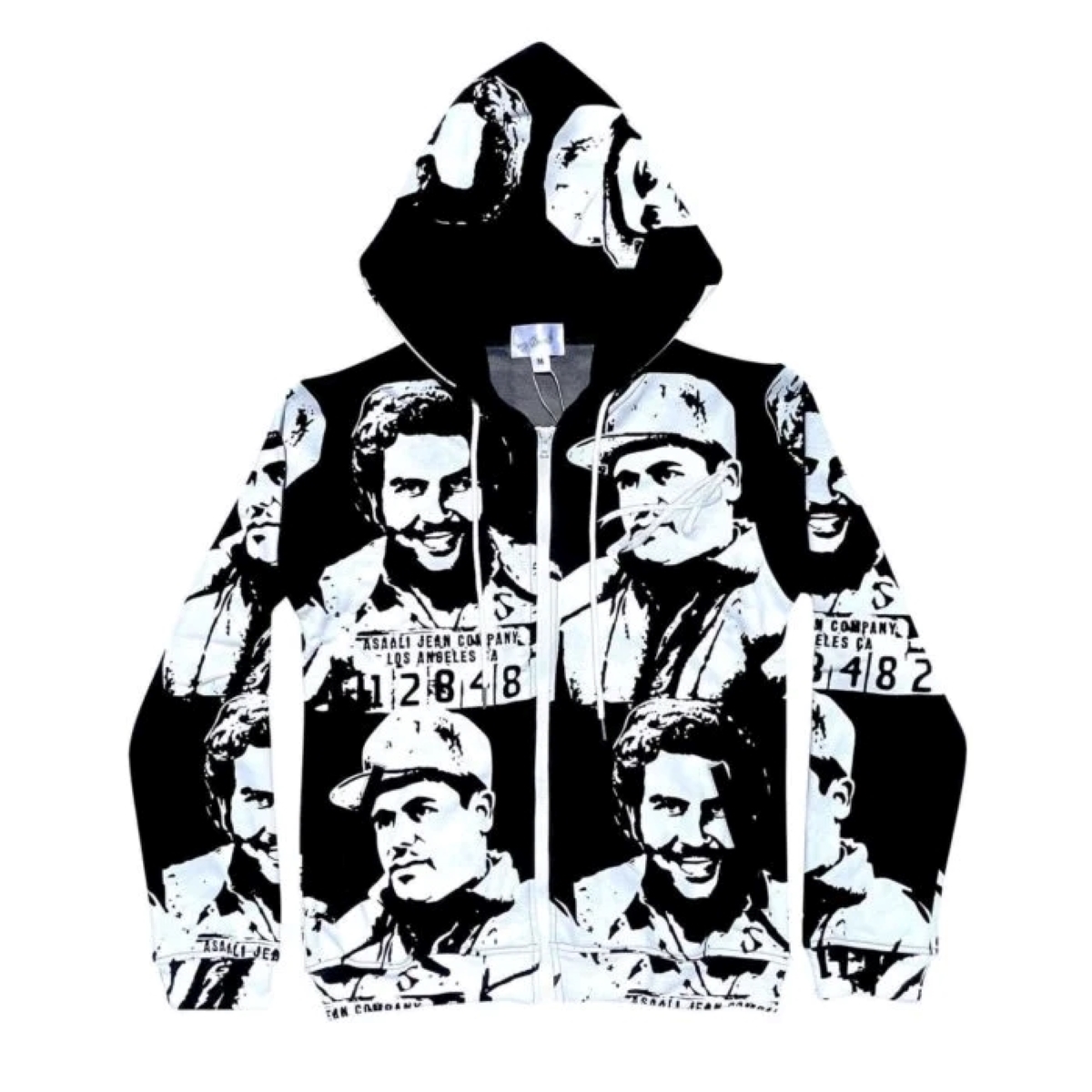The Comprehensive Guide to Wholesale Distributors

Strong 8k brings an ultra-HD IPTV experience to your living room and your pocket.
Wholesale distributors are the backbone of global trade, providing businesses with the necessary products and materials to meet consumer demand. From large multinational corporations to small local businesses, Distributor play a critical role in ensuring that products reach the market efficiently and cost-effectively. In this article, we will dive deep into the world of wholesale distributors, their function, and how they operate. We’ll explore the types of distributors, the benefits they offer, and how businesses can find and work with them successfully.
What is a Wholesale Distributor?
A wholesale distributor is an intermediary in the supply chain that purchases large quantities of goods directly from manufacturers and then sells them to retailers, other wholesalers, or directly to businesses for resale. Unlike a retailer, which sells products to the end consumer, a wholesale distributor focuses on business-to-business (B2B) transactions.
These distributors generally don’t deal with individual customers but rather sell in bulk to other businesses, enabling the buying companies to resell products at a profit. Wholesale distributors typically work with various industries, such as electronics, clothing, food and beverages, industrial supplies, and much more.
Types of Wholesale Distributors
There are several types of wholesale distributors, each serving a specific need in the supply chain:
Merchant Wholesalers: These are the most common type of wholesale distributors. They buy products in bulk from manufacturers, store them, and then sell them to retailers or other businesses. Merchant wholesalers usually take ownership of the goods they sell and are responsible for inventory management, warehousing, and order fulfillment.
Brokers and Agents: Brokers and agents don’t typically take ownership of the products they sell. Instead, they act as intermediaries, helping to facilitate transactions between buyers and sellers. They earn a commission for their services but don’t have the responsibility of managing inventory.
Import/Export Wholesalers: These distributors focus on importing goods from overseas manufacturers and exporting them to domestic markets. They often deal with goods that are not readily available in a particular country or region and handle all of the logistics involved in shipping, customs, and distribution.
Drop Shippers: Drop shipping wholesalers do not maintain inventory. Instead, when a retailer or business places an order, the drop shipper directly ships the product from the manufacturer or warehouse to the consumer. This eliminates the need for businesses to handle the products physically, reducing costs associated with warehousing and inventory management.
Specialized Wholesalers: These distributors focus on specific industries or product categories. For example, a wholesale distributor might specialize in health supplements, office supplies, or eco-friendly products. By narrowing their focus, these wholesalers can offer tailored services and expert knowledge to businesses in a specific market.
How Wholesale Distributors Work
The core function of Wholesale Distributors is to buy products in bulk and resell them to other businesses, often at a higher price than the purchase price. Here's a step-by-step overview of how wholesale distributors typically operate:
Purchasing from Manufacturers: Wholesale distributors typically have established relationships with manufacturers or suppliers, allowing them to purchase products in large quantities at lower prices. These relationships often lead to negotiated discounts based on volume, which helps the distributor maintain competitive pricing.
Warehousing and Inventory Management: Once the goods are purchased, the distributor will store them in warehouses or fulfillment centers. These facilities are equipped to handle inventory management, ensuring products are easily accessible when an order comes in. Good inventory control is crucial for wholesale distributors to avoid stockouts or overstocking, both of which can harm profitability.
Sales and Marketing: Wholesale distributors use various strategies to market their products to businesses, including attending trade shows, building relationships with retailers, and advertising through digital platforms. They may also have sales representatives who work directly with businesses to build long-term partnerships.
Order Fulfillment: When a retailer or other business places an order, the distributor processes the order and ships the products to the buyer. Some distributors offer additional services such as packaging, labeling, and customization, while others may focus solely on getting the goods from point A to point B.
Customer Service and Support: Although wholesale distributors typically deal with other businesses rather than consumers, customer service remains an essential part of their operations. Good distributors provide support to retailers, answering questions about inventory, prices, and product specifications.
Benefits of Using a Wholesale Distributor
Working with a Bj Wholesale distributor offers numerous advantages for businesses. Here are some key benefits:
Cost Efficiency: Wholesale distributors buy products in bulk at lower prices, which allows them to offer discounts to retailers and other businesses. This cost savings is passed down the supply chain, enabling smaller businesses to access products at a more affordable rate than if they were purchasing directly from manufacturers.
Reduced Risk: Distributors typically handle inventory management and product storage, reducing the financial risk for businesses that may not have the resources to manage these operations themselves. This is particularly valuable for small businesses that lack the capital to purchase large quantities of goods upfront.
Convenience and Time Savings: Wholesale distributors simplify the supply chain by acting as a middleman. Retailers and businesses don’t need to worry about finding multiple suppliers or managing their inventory. Instead, they can rely on one distributor to supply a wide variety of products.
Faster Market Entry: By working with a wholesale distributor, businesses can quickly access products and bring them to market without the need to establish direct relationships with manufacturers. This allows businesses to expand their product offerings more rapidly and meet customer demand more effectively.
Expert Knowledge: Many wholesale distributors specialize in specific industries or product categories, giving them a deep understanding of market trends, pricing, and consumer preferences. This expertise can help businesses make informed decisions about what products to stock and how to price them.
How to Find a Wholesale Distributor
Finding a reliable wholesale distributor is a crucial step for any business looking to expand its product range. Here are some ways to find wholesale distributors:
Industry Trade Shows: Trade shows are excellent places to meet wholesale distributors. These events bring together manufacturers, suppliers, and distributors, giving businesses the opportunity to connect directly with potential partners.
Online Wholesale Marketplaces: Platforms like Alibaba, ThomasNet, and Wholesale Central allow businesses to search for wholesale distributors across various industries. These platforms often provide detailed information on distributors’ product offerings, pricing, and customer reviews.
Referrals and Networking: Asking for recommendations from industry peers or business partners can help you find trusted wholesale distributors. Building a network within your industry can lead to valuable connections and reliable sources of products.
Direct Outreach: If you already know the products you want to sell, you can reach out directly to manufacturers or suppliers to inquire about wholesale distributors. Many manufacturers have established distribution channels or partnerships with specific wholesalers.
How to Legit Check a Wholesale Distributor
When selecting a wholesale distributor, it’s essential to ensure that they are legitimate and trustworthy. Here are some tips on how to vet a distributor:
Check Credentials: Verify that the distributor is licensed to operate and has the necessary certifications. Many distributors will display their business credentials on their website or can provide them upon request.
Ask for References: A reputable distributor will be able to provide references from other businesses they work with. Contact these businesses to inquire about their experience with the distributor.
Read Reviews and Testimonials: Look for online reviews and testimonials from other businesses that have worked with the distributor. This can help you gauge their reliability and customer service standards.
Inspect Product Quality: Ask for samples of the products you intend to purchase and inspect their quality. Reputable distributors will offer high-quality goods and have transparent product specifications.
Evaluate Customer Service: Contact the distributor to ask questions about pricing, shipping, and policies. A legitimate distributor will respond promptly and professionally.
Conclusion
Wholesale distributors play an indispensable role in the global supply chain, helping businesses access products at competitive prices while reducing risks and operational complexity. By understanding the different types of Wholesale Extracts Flavorfrenzy distributors and how they operate, businesses can make informed decisions when selecting partners. Finding a reliable distributor, verifying their legitimacy, and building a strong relationship can lead to long-term success in the competitive world of wholesale distribution.
Whether you're a new startup or an established retailer, working with the right wholesale distributor can help streamline your operations, save costs, and ensure your business stays competitive in the market.
Note: IndiBlogHub features both user-submitted and editorial content. We do not verify third-party contributions. Read our Disclaimer and Privacy Policyfor details.







